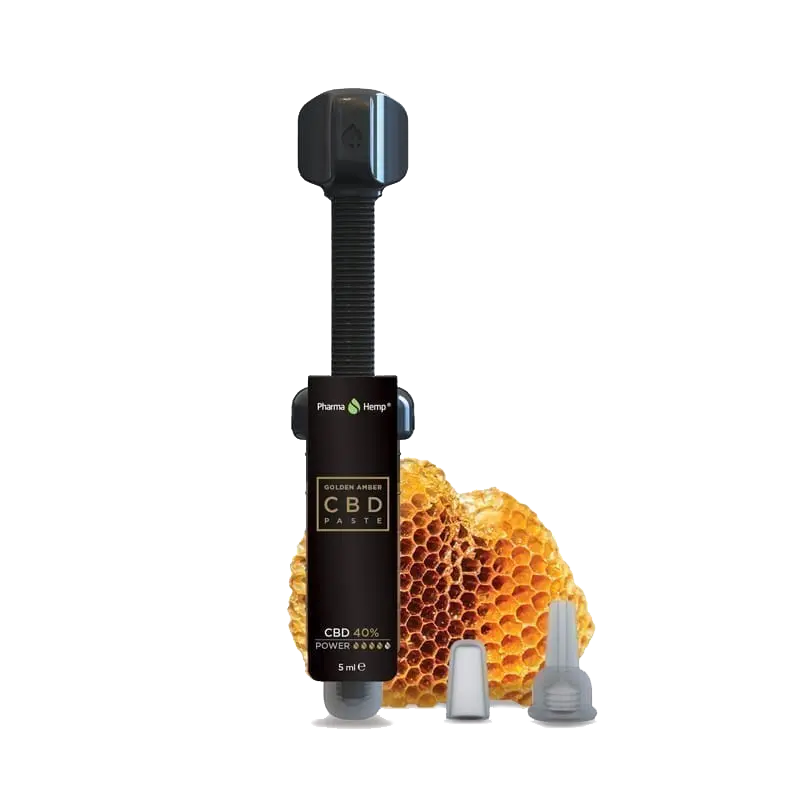Cannabinol (CBN)
Hemp products with different types of cannabinoids are gaining popularity. We already described the benefits of cannabidiol (CBD) and cannabigerol (CBG) in our previous blogs. Another very important and promising phytocannabinoid is cannabinol or CBN, which also deserves attention due to several beneficial effects on wellbeing which are described in continuation.
Fun fact about CBN
The most interesting fact about CBN is that it is the first phytocannabinoid that was identified and isolated from Cannabis sativa plant back in 1940s by Robert S. Cahn. So, it was discovered even before CBD and tetrahydrocannabinol (THC)!
How CBN is made?
CBN is not biosynthesised in hemp plant as most phytocannabinoids. Instead, it is a degradation product of other cannabinoids. This process occurs naturally when Cannabis plant or Cannabis-derived products (e.g. hemp extracts) are exposed to heat and/or light, hence during processes such as drying or heating.
Once CBN is formed, it can be isolated from hemp biomass by extraction processes which are followed by different refinement processes.
Alternatively, there is also one patent which describes bio-enzymatic synthesis of CBN, however, to our knowledge, this process is not being used often for the production of CBN.
What is CBN good for?
Similarly to CBG, the production of high amounts of CBN is not very easy. This is probably also the reason that it has not been researched as much as CBD for example. Regardless, there is some relevant and positive information in scientific papers about certain health benefits of CBN which are discussed in continuation.
De Petrocellis and coworkers (2011 ) showed that CBN is a potent TRPA1 agonist which affects the inflammation processes in our bodies and modulates the pain.
Another study by Wong et Cairns (2019 ) investigated the effects of CBN, CBD and their combinations as peripheral analgesics in animal models. The Authors conclude that based on the obtained results the peripheral application of these non-psychoactive cannabinoids may provide analgesic relief for chronic muscle pain disorders such as temporomandibular disorders and fibromyalgia without central side effects. This was confirmed also for the combination of CBD and CBN with even better, more potent effect.
Although there is very scarce data on CBN effects on sleep, some people relate CBN with sedative effects, which helps them to fall asleep. To date there is only one clinical study on men from 1975 which were administered CBN in combination with THC or only THC. The Authors conclude that participants which were given a combination of THC and CBN experienced stronger sedative effects than with THC alone.
Conclusion
CBN is most certainly another promising phytocannabinoid considering the described potential physiological effects. Although more studies are needed to confirm these primary findings about this cannabinoid it is clear that CBN, especially in combination with other cannabinoids such as CBD and certain terpenes (that are also commonly present in hemp extract) provides a great remedy for an improved well-being.


 Slovenščina
Slovenščina Deutsch
Deutsch Español
Español





